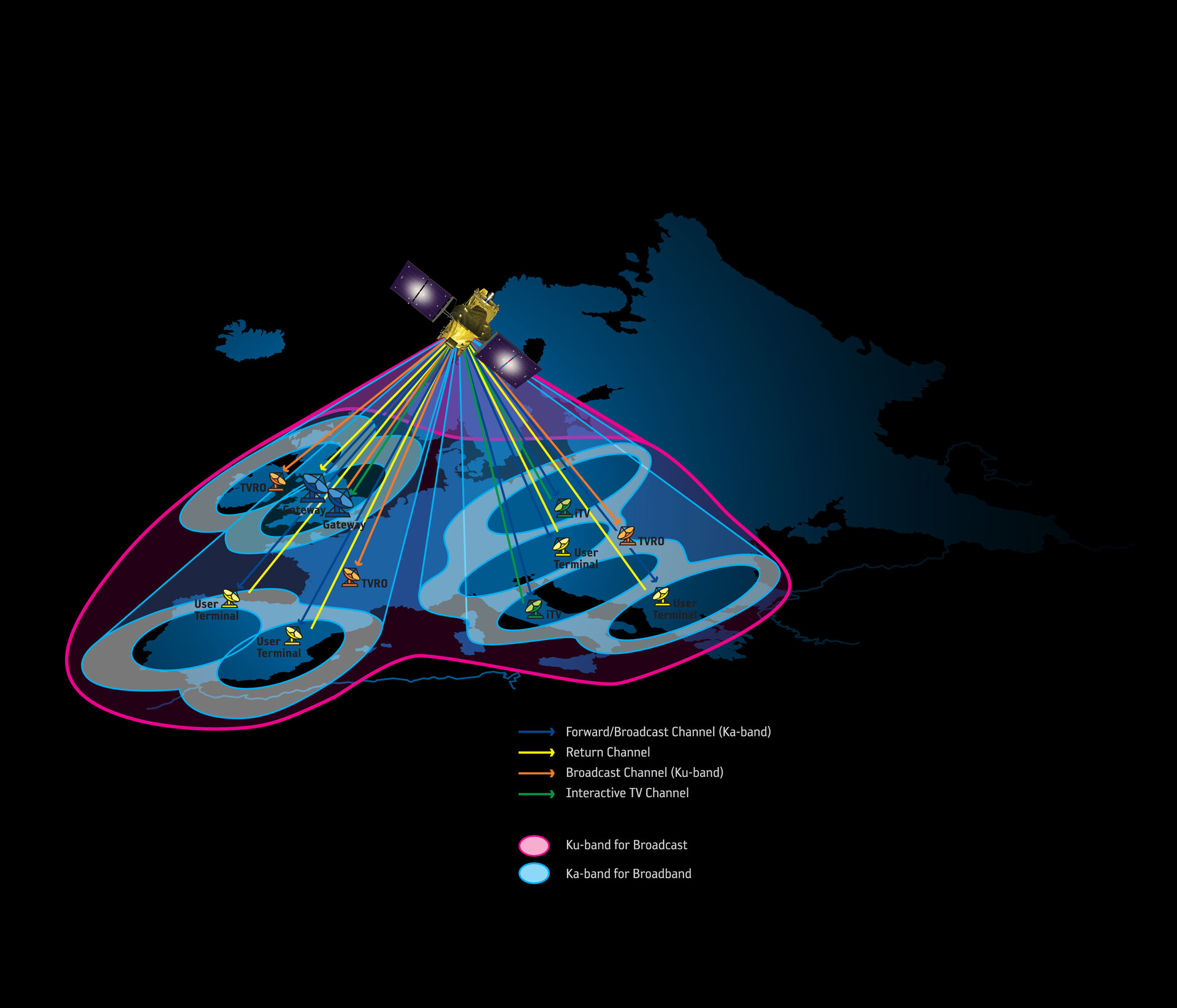Space sector continues exceptional economic growth through the recession
The British space industry has grown by nearly eight per cent through the recession and is now worth over £7.5 billion to the economy, a UK Space Agency report revealed today.
The report, ‘The Size and Health of the UK Space Industry,’ is the latest update of a biennial survey of British companies involved in the sector. It shows the space industry has grown by more than 10 per cent on average over the last two years.
The report, produced for the UK Space Agency by Oxford Economics, surveyed 260 companies across both the upstream (companies which provide space technology) and the downstream (companies that utilise space technologies). The results prove that there are still British success stories to emerge from the last two years.
Against the backdrop of difficult economic conditions, the space industry has maintained its momentum, as it recorded an average growth of more than 11 per cent in downstream companies and three per cent growth in upstream providers, compared to the national GDP growth of 0.3 per cent.
Science Minister David Willetts said:
“The British space industry is worth over £7 billion to the economy. It is a sector that is growing as fast as the Chinese economy and a remarkable success story of high-tech innovation.
“This is an exciting month for the space industry with the first British astronaut due to complete his training at the European Astronaut Centre and the launch of the HYLAS 1 satellite.”
Demonstrating the benefit of strategic investment and strong partnerships between industry, academia and the public sector, industry turnover has doubled in real terms in the period of 1999/2000 to 2009/2010.
Broadcasting continues to be the primary application for space technology, with sales of £5,069 million in 2008/9. The bulk of the remaining revenues are linked to applications for telecommunications, which generated £1,800 million. Together these two applications accounted for over 90 per cent of the total market.
Employment within the space sector has also strengthened by just over nine per cent to reach 24,900 in 2008/2009. Upstream and downstream industries have both grown at a rate of over 12 per cent, doubling the average annual employment growth rate of six per cent since 1999/2000.
The sector’s workforce is highly-skilled, with over 70 per cent of employees holding a first degree, but there are still major challenges for companies operating both upstream and downstream in space applications. The primary challenge is the lack of competent engineers in the market, as nearly 12 per cent of businesses survey reported difficulty in filling their requirements.
Above and beyond the direct benefit to the economy of employment and revenue, the growth of the space sector has knock-on implications for related sectors and businesses across the country and in many other areas of the economy. Factoring in the indirect value of contracts with suppliers and tax revenues for employees and suppliers, the contribution of the UK space sector to GDP in 2008/2009 is estimated to be £6.2 billion.
The UK Space Agency, established on 1 April 2010, is tasked with building on that decade of growth to establish the UK as a world leader in the space sector. To accomplish that goal, the Agency coordinates the Government’s involvement in space, running UK space programmes, managing international collaboration and developing industry partnerships across the sector.




